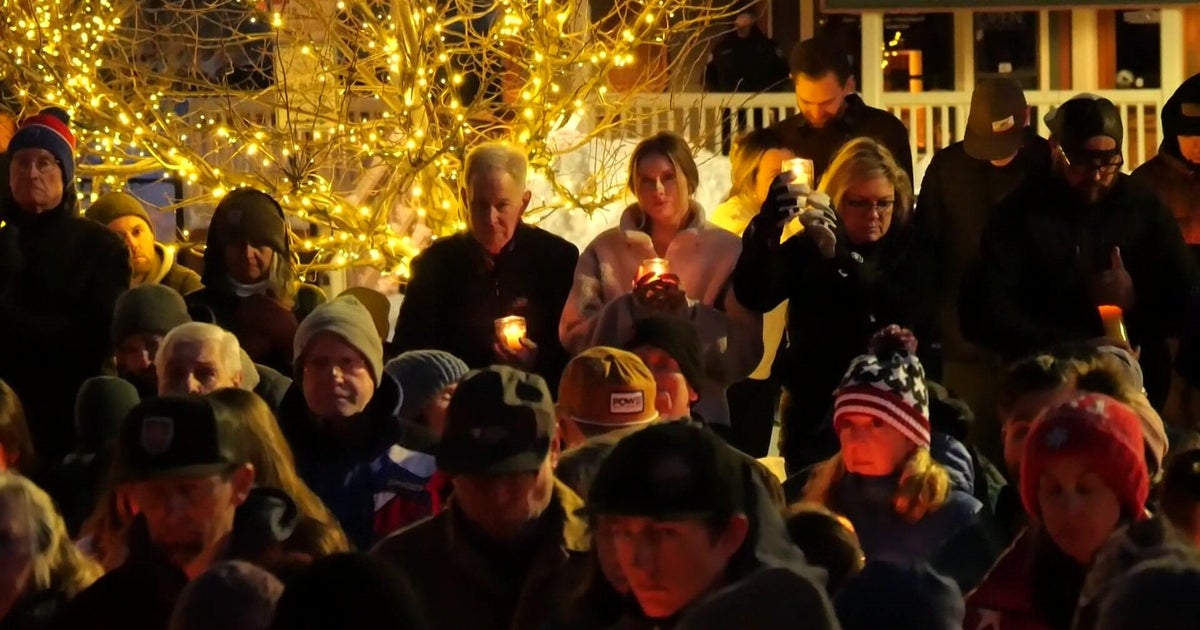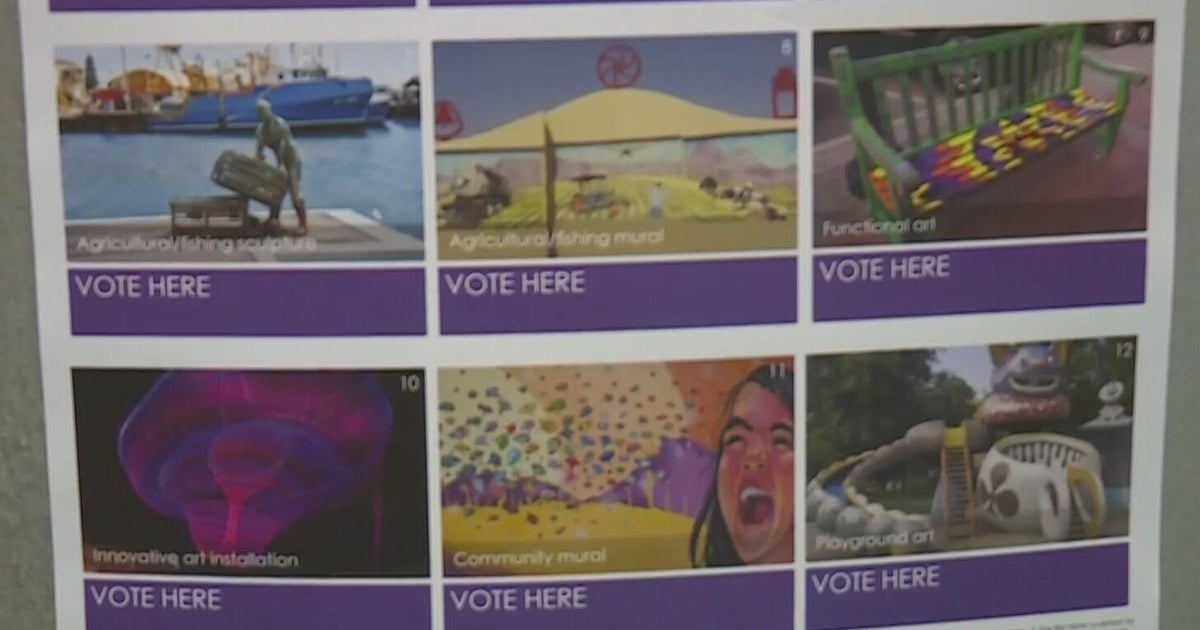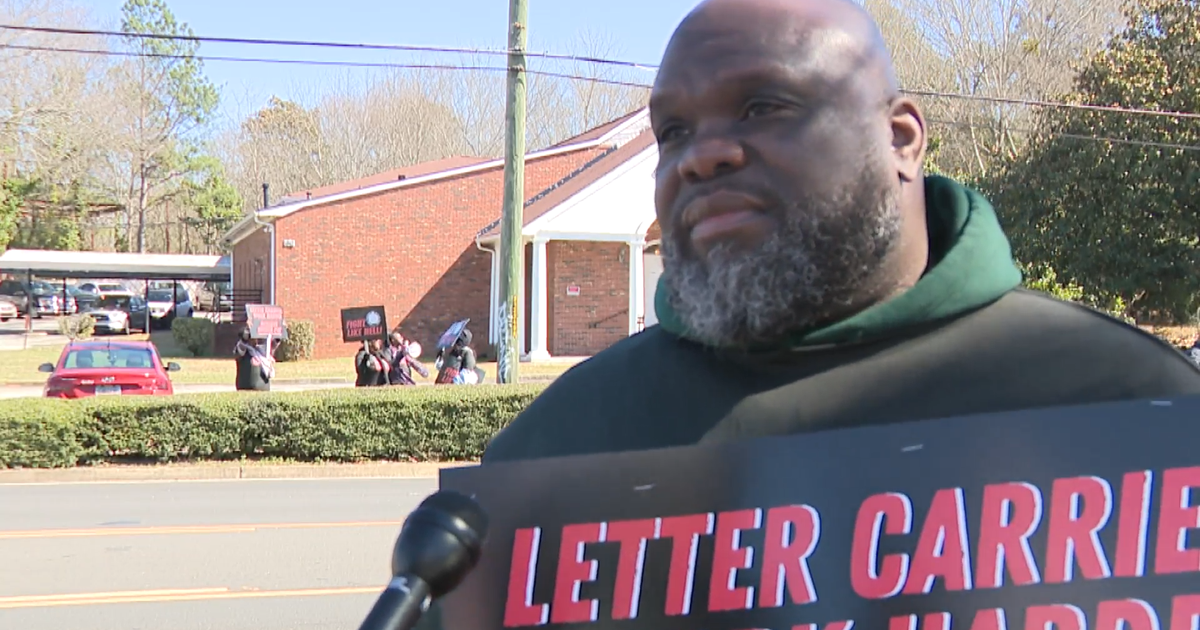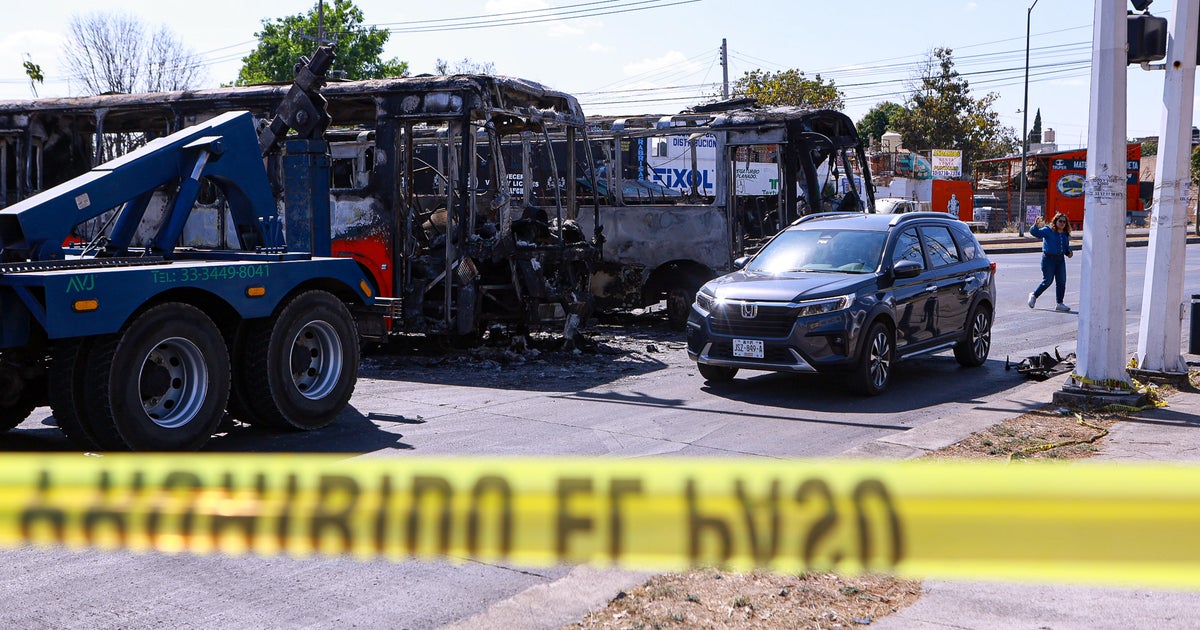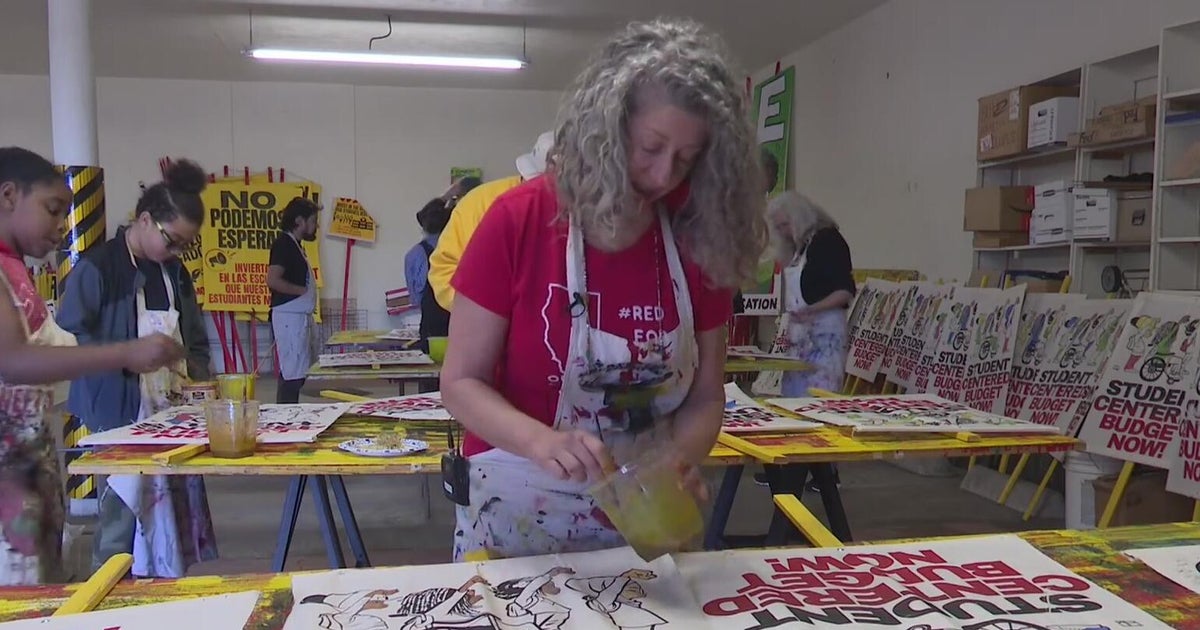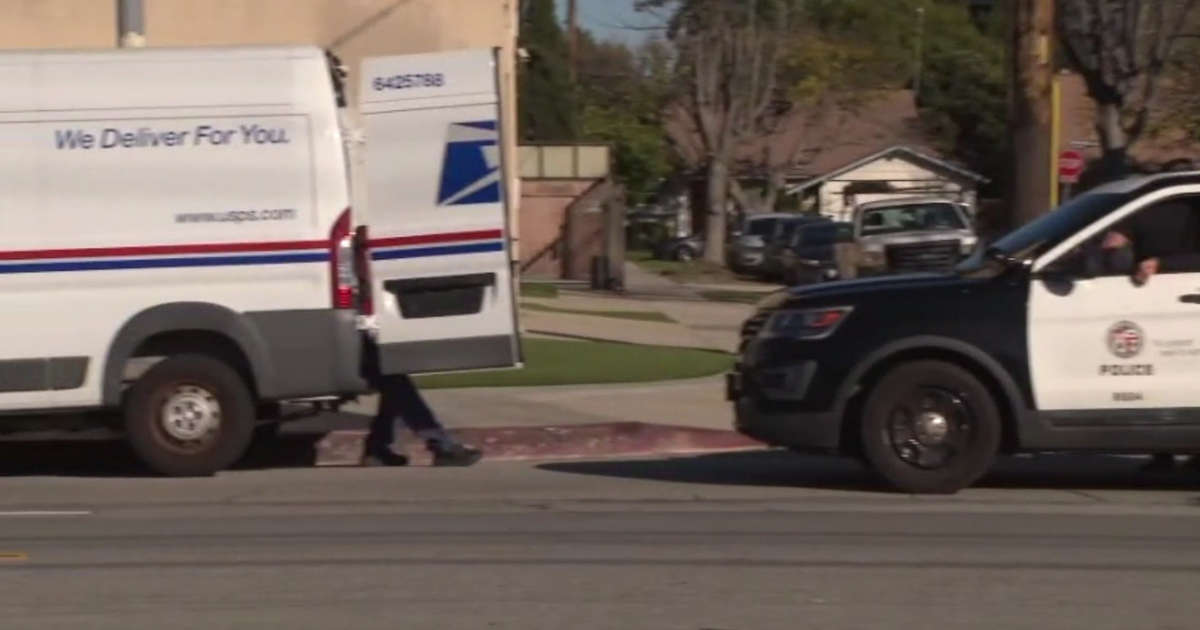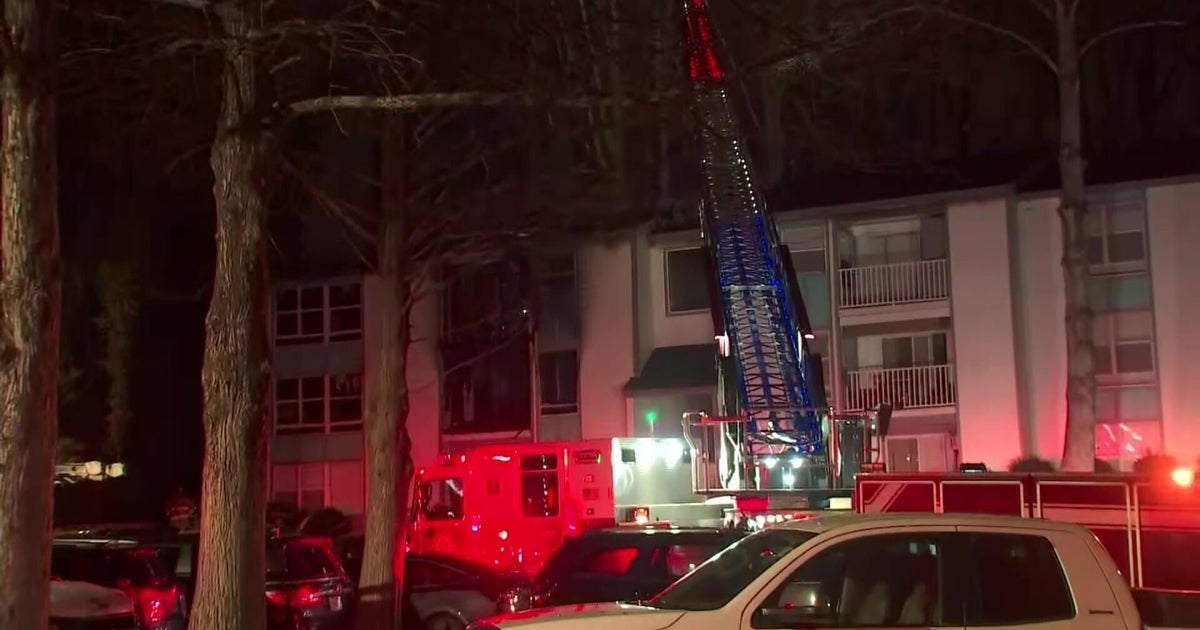Group Demands Conditions To San Jose Google Mega-Campus
MOUNTAIN VIEW (CBS SF) -- The community group Silicon Valley Rising held a rally at Google's headquarters in Mountain View Thursday morning to list their demands for the search giant's proposed San Jose mega-campus.
Silicon Valley Rising has held three town hall meetings since the proposal of the mega-campus in June 2017, and the set of community demands discussed today were inspired by those meetings, which each drew at least a few hundred people. The coalition also gathered responses via community surveys.
The findings that Silicon Valley Rising highlighted were that 73 percent of locals believe Google has a responsibility to protect current residents from being displaced, 82 percent believe Google has a responsibility to provide jobs with livable wages for residents, and that 54 percent do not believe that their families will be able to live in San Jose in 10 years.
Maria Noel Fernandez, the group's campaign director, referred to the 20-plus acres that will encompass the campus as "some of the city's most valuable public land."
"Since the day we found out about what will be the biggest tech campus in Silicon Valley, we have been asking to be at the table and talk about how issues around displacement, gentrification, economic, racial and gender inequality will be addressed," Fernandez said.
The first community demand is that Google fund a community-administered affordable housing fund. The group wants 25 percent of units in any residential developments to be accessible to low-income residents. They also are asking that legal defense be available for tenants facing eviction and that there is support overall for stronger tenants' rights policies.
The second demand is for responsible contracting standards for not just corporate, degree-level jobs, but also for the sub-contracted service jobs. Silicon Valley Rising expects service workers have a fair process to form a union and that the corporation agrees to a project labor agreement.
The third demand is that local residents get first consideration for the jobs, while the fourth is support for local education. The coalition is asking Google to support local schools, quality early childhood education and childcare as well as housing access for teachers.
The last community demand is that the traffic impacts that are sure to follow from the construction of the mega-campus are mitigated. They also ask that funding be provided for public bus services.
Local residents and nonprofit leaders spoke at the rally about how there is already a housing crisis in the city of San Jose and how schools are directly impacted when parents have to move their families out of the area when they can no longer pay rent.
Fernandez said some members of their coalition are on the Station Area Advisory Group, as is Google. The group is a committee representing local interest groups that will provide oversight and input on the planning process.
Despite Silicon Valley Rising members being a part of that committee, "they don't have a lot of content" from the corporation about the plans.
"We have been waiting to get more specifics, and so that's why we took the step in saying, as the specifics get rolled out, we are going to engage the community," Fernandez said.
Google public affairs manager Javier Gonzalez was present toward the end of the rally but declined to speak to the media and referred reporters to the company's media email address.
He provided a statement later in the day, saying that the company desires community involvement in the project.
"We want an open dialogue with the San Jose community surrounding our proposed development and look forward to discussing the points raised in this report throughout the public engagement process," Gonzalez said.
Google spokeswoman Katherine Williams said it's important to stress that Google does sit on the SAAG committee and has listened to concerns such as the ones discussed at the rally Thursday.
"While we understand that addressing these demands specifically to Google is important to the group, it's important for the public to understand that there is this larger process going on," Williams said.
Williams said there is an agenda set for an upcoming SAAG meeting to discuss the issues and that the earliest date that has been thrown around for the mega-campus is 2025.
Fernandez said the bottom line is, "We hope that Google does no wrong, and Google does no evil and that San Jose's community can actually stay San Jose's community."
© Copyright 2018 CBS Broadcasting Inc. and Bay City News Service. All Rights Reserved. This material may not be published, broadcast, rewritten or redistributed.
